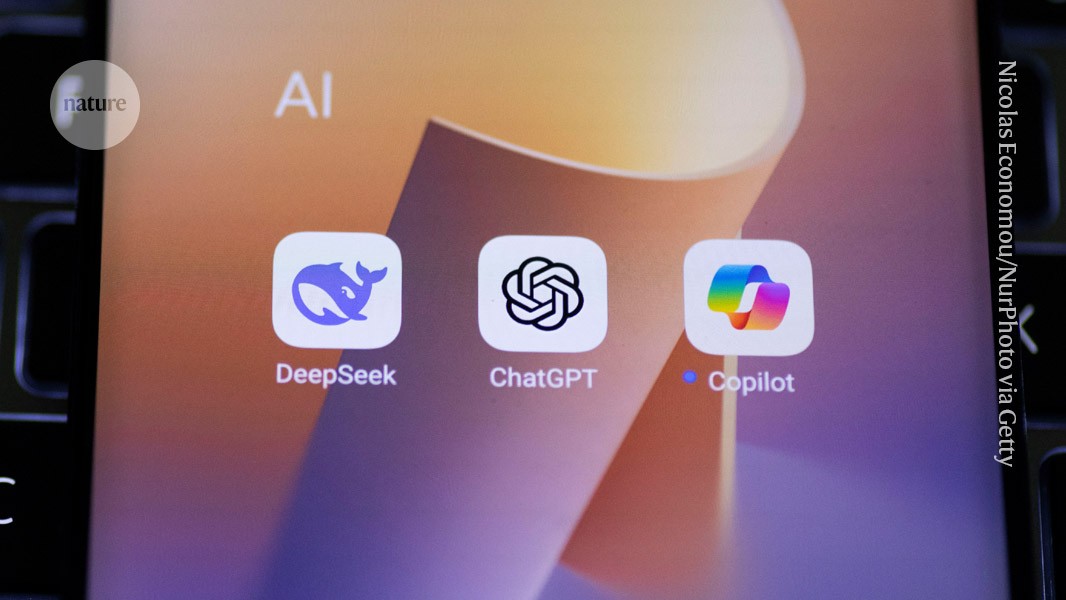
"Around one in seven biomedical-research abstracts published in 2024 likely utilized artificial intelligence assistance, marking a significant rise in AI-generated scholarly content."
"The analysis revealed over 200,000 abstracts out of 1.5 million indexed in PubMed contained verbiage commonly suggested by large language models."
"Researchers have not fully recognized the extent to which artificial intelligence tools are being deployed in producing scholarly work, according to Andrew Gray."
"The study found 454 words, identified as 'excess words,' significantly more common in 2024, indicating a shift in writing style following the emergence of ChatGPT."
A significant study revealed that in 2024, one in seven biomedical-research abstracts was likely crafted with the help of artificial intelligence. Over 200,000 of 1.5 million abstracts indexed in PubMed displayed linguistic patterns indicative of large language model influence. Researchers employed a method focusing on 'excess words,' revealing that 454 words appeared more commonly in 2024, primarily related to style rather than content. This trend is linked to the release of ChatGPT and suggests a growing prevalence of AI in academic writing.
Read at Nature
Unable to calculate read time
Collection
[
|
...
]